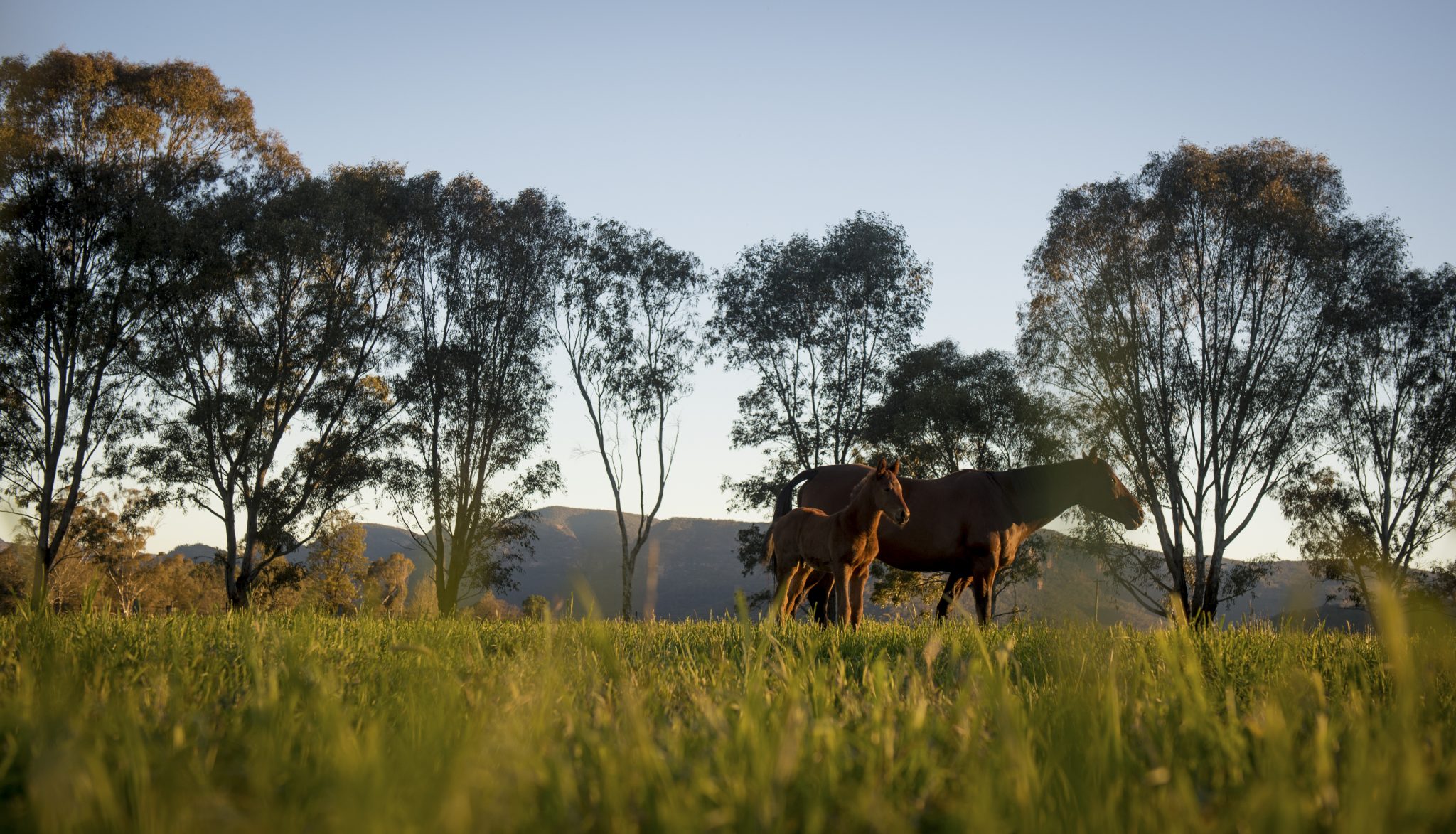Australia has the second largest thoroughbred breeding industry in the world with 660 stud farms across the country, predominantly in NSW, Victoria and Queensland. These stud farms supply thoroughbred horses to both the domestic and overseas markets. The thoroughbred breeding industry is worth more than $1.16 billion per annum to the Australian economy, and employs close to 8000 people, particularly in rural and regional areas.
Current estimates indicate that more than five per cent of thoroughbred foals are lost pre-term in Australia and little is understood about what causes these pregnancy losses or what conditions might contribute to them. This lack of understanding makes it difficult to provide a definitive diagnosis or explanation for the loss, and owners and stud managers are unable to take measures to reduce repeat losses from affected mares or prevent further losses in other mares.
The multidisciplinary research team, led by Dr Joan Carrick, Registered Specialist in Equine Medicine, Dr Angela Begg retired veterinary pathologist specialist, and Charles Sturt University epidemiologist Dr Victoria Brookes, will use their findings to develop management strategies to reduce the risk of pregnancy loss and to guide further research.
Dr Carrick said, “Pregnancy loss is an important issue for the thoroughbred industry. It has a devasting impact on the horses themselves and the people who work with them. In addition, some of the diseases that can cause equine pregnancy loss can be transmitted to humans, especially during foaling, and this research is an opportunity to look carefully at these and other emerging diseases.
“In better understanding the risks associated with pregnancy we’ll be able to reduce losses through management and prevention. Plus, we’ll be able to describe new conditions more quickly and get on top of the losses.”
Dr Brookes said that this project brings together pathologists, equine medical specialists and epidemiologists to provide a comprehensive and multifaceted understanding of equine pregnancy loss.
“This research is exciting because it’s multidisciplinary. We’re combining pathology, the causes and effects of equine pregnancy loss, and the epidemiology, the incidence and possible patterns, to ensure we have a holistic understanding and approach to addressing this issue for the industry.”
Dr Brookes said, “On the epidemiology side we are looking at the distribution of equine pregnancy loss across Australia – where they occur, when they occur and what types of mares it’s happening to.”









